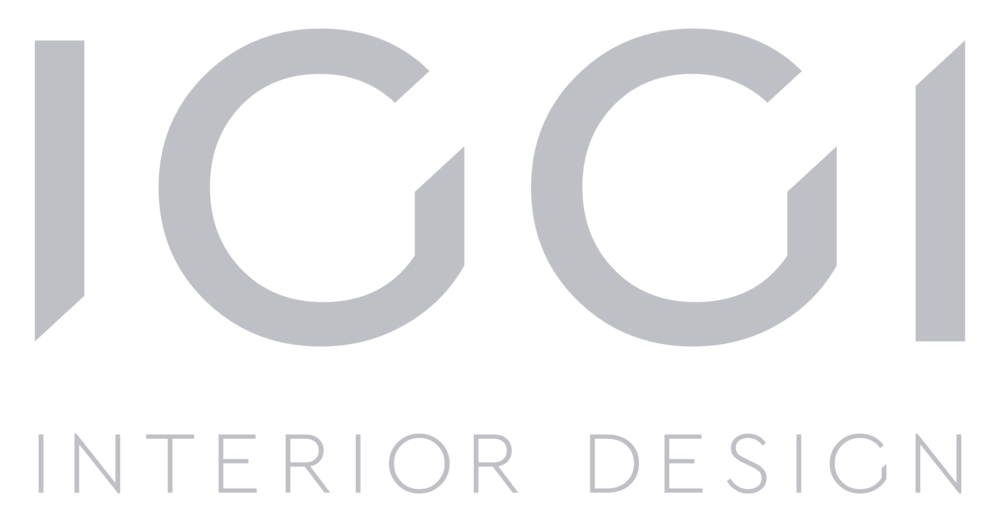So you have your heart set on becoming an interior designer? While there is no set path into the profession, there are certainly elements of experience which help, and in this article, we outline some of them.
Higher education
Holding a higher education in art, or a related subject - such as interior architecture or fine art - can certainly be seen as a plus point for employers in the design world. While not absolutely essential if adequate on the job experience can be demonstrated, there is no doubt that an art-related qualification can help. There are a range of educational options on offer - from full undergraduate courses in interior design or related degrees to short specialist courses that focus on building technical skills like CAD or photoshop. The one year intensive diploma offered by KLC School of Design includes some level of experience in real world projects, which can be highly valued by employers.
An ideal skill set
Some skills are transferable whatever the industry, such as good time keeping and organisation - this is no different in interior design. And there are also job specific skills which can unlock doors, like computer aided design (CAD), drawing, and elements of business management.
What does an interior designer do?
Day to day, as an interior designer you can expect to work on project briefs to strict specifications and budgets, interact regularly with clients, source furnishings and fixings, attend site visits with or without clients, and help pitch for new business. It is a varied, challenging, but hugely rewarding role! Expect long hours and tough deadlines, with the opportunity to meet a wide mix of people and rapidly build up your experience. You certainly won't experience Groundhog Day as an interior designer!
The importance of direction
Do you want to work as part of an established interior design company, or be self-employed from the beginning? There is no right or wrong route, but it helps to enter the industry with a sense of direction. Starting out working for a company can offer additional job security. Being self-employed can be more rewarding for some, but for inexperienced designers, the challenges can be great. Many top independent designers cut their teeth working for established firms. If you do decide to 'got it alone', it is likely that you will need marketing skills in order to promote your business.
A great interior designer will be creative, tenacious, good with people, technical and will have a good head for business - do you fit the profile?
